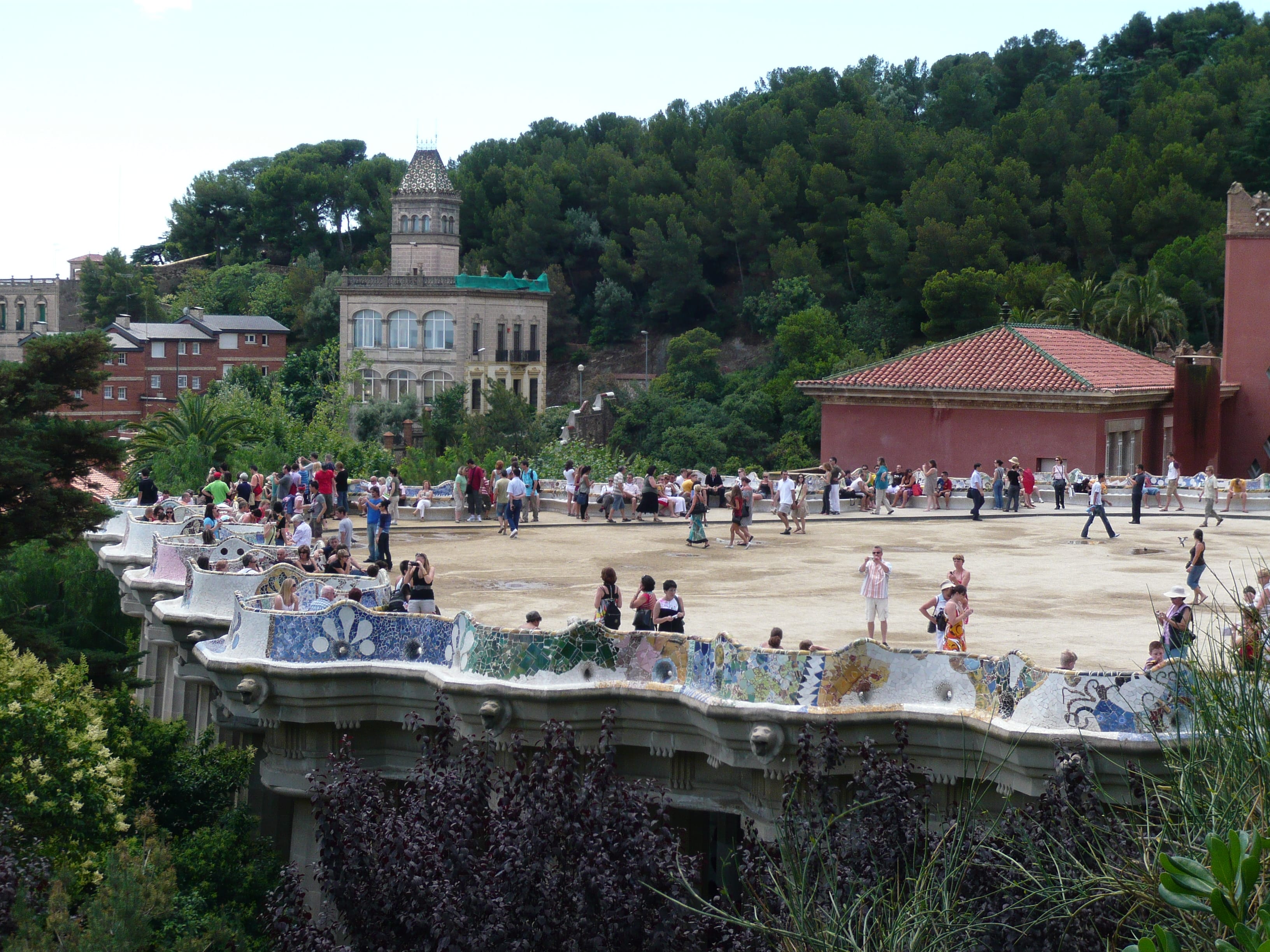Barcelona Cultural council
1. Context
Barcelona is home to the most important self-governing institutions in Catalonia: the Generalitat de Catalunya (government) and the Catalan Parliament. Since the restoration of democracy in the 1977-1980, the city of Barcelona has had an important administrative and political character, in which both the public administration and civil society play a fundamental and active role in the cultural policy mechanisms of the city.
The cultural situation of Barcelona is characterised by important factors such as: the presence of numerous cultural facilities; the fact of being a historical, artistic and museum heritage city; having a significant cultural third sector; and having a large number of venues, agents and projects dedicated to the creative industries. This article seeks to highlight one of its most outstanding cultural projects: Barcelona Culture Council.
Barcelona Culture Council is a body of participation and representation of the cultural sector, which acts in relation to the cultural policies of the city. This body has an executive and consultative capacity according to the field of action. Thus, it is an instrument where the different sectors of culture and the arts come together, along with the political parties represented in the City Council and people of recognised prestige in the cultural field.
Barcelona Culture Council is a pioneering project within the tradition of cultural policies in Latin Europe: on one side it combines executive functions with consultative functions; secondly, with this instrument we have managed to have a body which is not ruled by sectorial, territorial or political logics, but rather it is an instrument that seeks a cross-over approach.
At first, Barcelona City Council created it in 2007 with the aim of fulfilling two objectives: on the one hand, to follow the documents of Agenda 21 for culture, thereby establishing the bases for a commitment of the city and the local government to cultural development, encouraging the Strategic Plan for Culture; and, on the other, to listen to the demands of the cultural sector which, since 2000, had called for broadening its presence in decision-making on issues related to city.
2. Goals and fonctions of the Council
The main functions of Barcelona Culture Council are:
a) Advise the municipal government on culture: generating debate, producing the Annual Report on Culture of the city, which summarises the most important cultural activities of the year and presenting indicators, or issuing reports and recommendations on culture and cultural policies.
b) Participate in the design, assessment and monitoring of cultural actions and programmes in the city. This involves updating the Strategic Plan for Culture and compulsorily reporting on the municipal regulatory projects that have an effect on cultural policy issues. In the compulsory reports, the Council Executive Committee must report on the creation of new municipal bodies or cultural facilities, the municipal regulatory projects that have an effect on cultural policy issues or the appointment of people responsible for municipal cultural facilities.
c) Develop determined functions in relation to supporting artistic creation, such as participating in the allocation of cultural subsidies, in the framework of the subsidy regulation of Barcelona City Council, or propose the members of the juries of the Barcelona City Awards. These awards are called annually by the City Council with the objective of recognising quality creation, research and production in Barcelona by creators or groups. /
3. The Council operationnal system
In short, the aim of the Barcelona Culture Council is to articulate the participation of the cultural sectors in the government and, in general, to act as a representative body.
a) The actors and allies of this project are divided into three main groups.
- the Barcelona Culture Council Plenary is formed by:
- the presidency, which is held by the Mayor
- the vice-presidency
- up to 16 people representing the city’s cultural associations
- up to 16 people of recognised prestige
- 10 people representing the Councils of Culture in each district
1 representative of each of the political parties represented in the City Council
1 representative of the Barcelona Public Reading Commission - up to 5 City Council officers
1 secretary
b) The Executive Committee , chaired by the Vice-President of the Council and formed by a further 6 members (all of them appointed by the Plenary from among the members of recognised prestige), which operates completely independently, is the body that holds the Council’s executive powers.
c) The Plenary Delegate Committees is divided into visual arts, science, cinema, circus, traditional culture, dance, design, festivals, innovation and research, language and literature, music, heritage and theatre.
It is worth pointing out that Barcelona Culture Council is a pioneering project within the tradition of cultural policies in Latin Europe, mainly for two reasons. Firstly, because it combines executive functions with consultative functions. And, secondly, with this instrument we have managed to have a body which is not ruled by sectoral, territorial or political logics, but rather it is an instrument that seeks a cross-over approach. It does not prioritise any specific factor.
However, this project could improve its purposes by enhancing the Council’s capacity even more in order to promote public debate on the cultural policies of the city.
This body has an executive and consultative capacity according to the field of action. Thus, it is an instrument where the different sectors of culture and the arts come together, along with the political parties represented in the City Council and people of recognised prestige in the cultural field.
4. Other information
Website of the project: http://www.conselldecultura.cat/
This article has been written by Esteve CARAMÉS, technical advisor for Barcelona's Institute of Culture.
Contact: ecarames(at)bcn.cat
